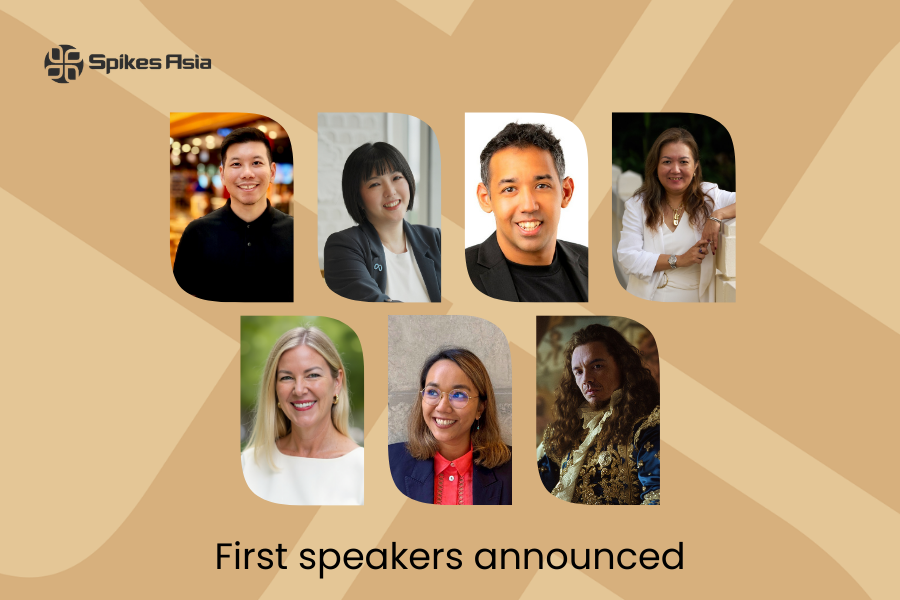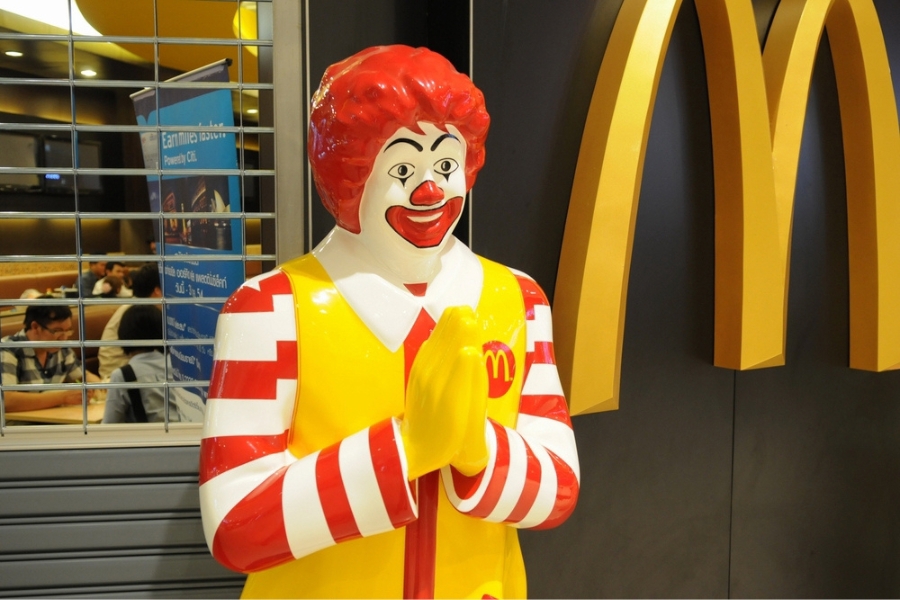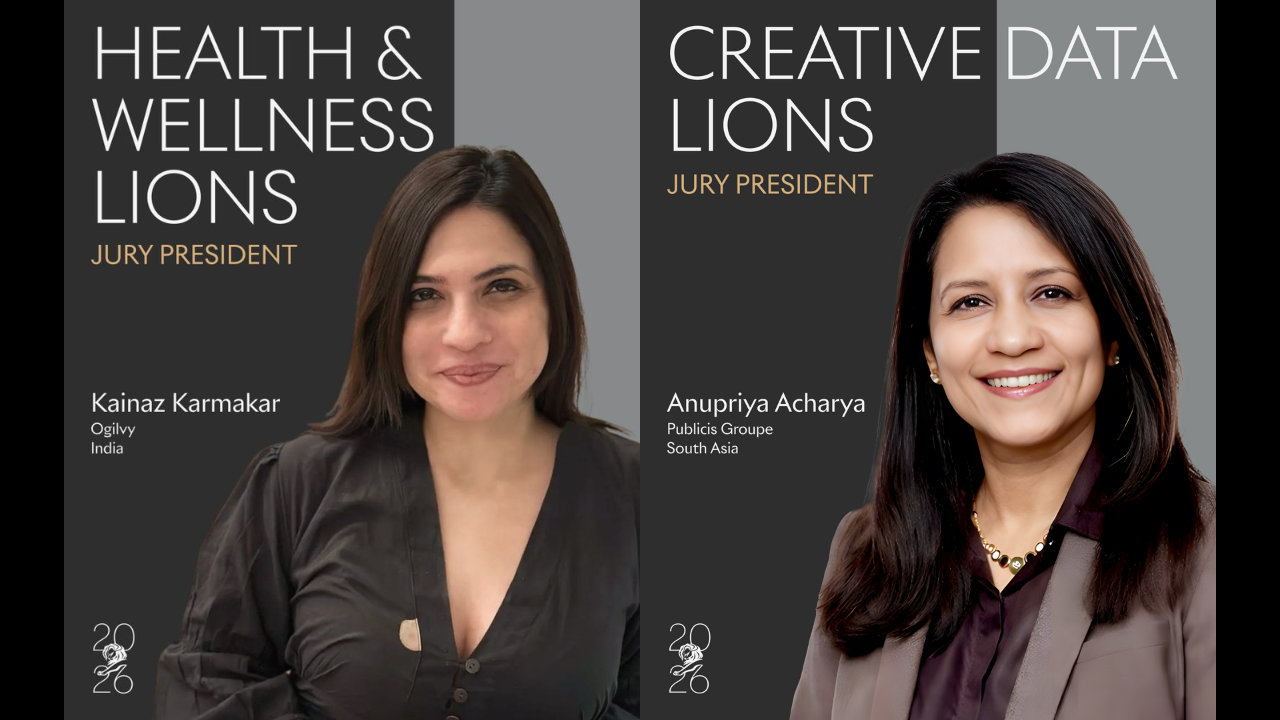With about 2750 entries in already, and delegate registration picking up steam, Spikes Asia festival chairman Terry Savage is optimistic of a good show. "We’ve set up an incredibly powerful line-up of seminars and workshops,” he says. “I’d advise senior professionals at agencies to invest in the future of their young creatives by encouraging them to participate in this massive learning curve. Spikes Asia provides the same premium value offering as Cannes, at a fraction of that cost."
Spikes Asia will take place at Suntec City in Singapore from 16-18 September 2009.
In a chat with Campaign India, Savage shared the significance of Spikes Asia, what delegates can expect at the event and what the festival means for creativity in Asian region. Excerpts:
What is that one reason why one should be at Spikes?
Globally, change is happening at such a massive pace that it’s difficult to keep up with it on a day-to-day basis. Spikes will provide that bigger picture to help advertisers and agencies to understand that change. If you go there with the intent of working and learning, it might change your whole attitude from what it is today. There are examples of people who’ve changed their entire business philosophy after hearing the best speakers and the best work at these events.
How significant is Spikes in the context of Asian work?
Asia has become a centre of creative excellence. It’s no more a flash in the pan. In 2004, Asia won 27 Lions at Cannes. In 2005, they won 94. The numbers have been rising since then. Through Spikes, we want to demonstrate benchmarks for communication excellence in the region. What’s important is that when a region wins awards in say, digital or outdoor, it sends out a message across the world. The contrary is also true - when it doesn't win awards in certain categories, it still sends out a message about the kind of work in the region. It’s all about understanding change and the rapidity of change. These awards reflect that.
Which are the kind of issues that will be debated at the event?
Several things, including local case studies and some very interesting debates on topics like digital, wherein experts from Asia will discuss with people from outside the region on why Asia isn’t yet ‘up there’ in terms of digital adoption. There’s also a very interesting session on ‘Islamic marketing: How to connect with a billion-plus consumers in the region’. I think that’s a great example of what we want to achieve at Spikes, because we’re highlighting Asian success stories here, driven with Asian thinking. If someone from America came and talked about such successes, people would say, “Yeah, but you can’t do that in Asia!” So the fact that it’s been done in Asia means people will say, “Hang on! It can be done here!” A number of clients from the region will also speak at Spikes and that’s really important. We’ve learnt from Cannes that clients are a very important part of such festivals. In 2004, we had 64 marketers at Cannes. In 2008, they were over 1000 of them. In 2009, they represented 12% of all the delegates who attended.
Any initiatives to encourage young creatives to participate as delegates?
There’s a whole industry out there which should still have exposure to the world’s best speakers, and wants the opportunity to participate, network and learn, but will never get to at Cannes, because its too expensive. Spikes provides the same premium value offering, at a fraction of the cost. You should be sending people to meet these speakers, to shake their hands, because that’s the opportunity to put young creatives in an immersive experience, at about 20% of the price you pay for Cannes.
What kind of measures have been put into place to filter out scams from the festival?
Scams are a reality, and whatever mechanisms we put in place, somebody who’s actually determined to do it, might just get away with it. Think about it - in an economic crisis, any company caught scamming looks really stupid. The world is moving towards integrated communications, and it’s going to be very hard to scam there! Let’s not focus on scams though – they are the weak link in the business. Let’s focus on the great work, one that inspires. The kind of great work that Asia is coming out with, I think winning awards with a scam would be really hollow, when they can actually win with legitimate work. As markets
mature, scams will become less and less of an issue.




